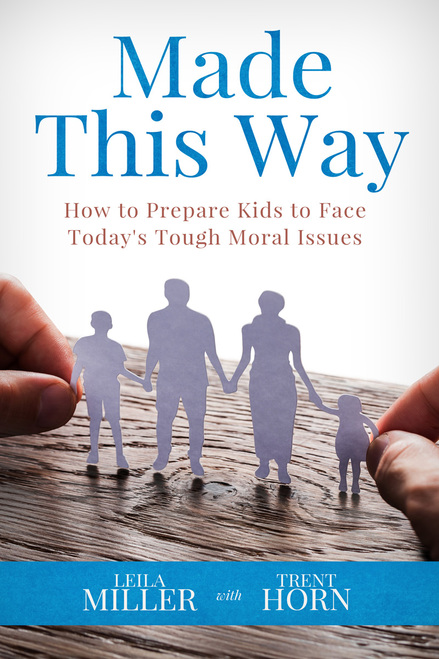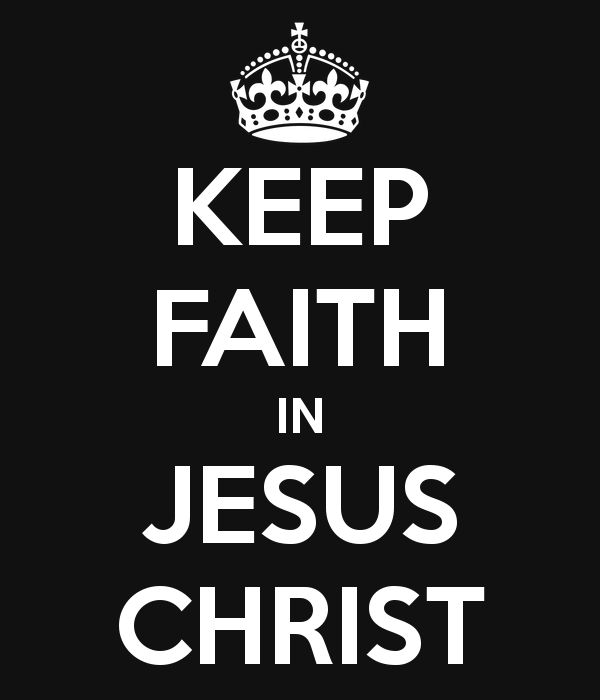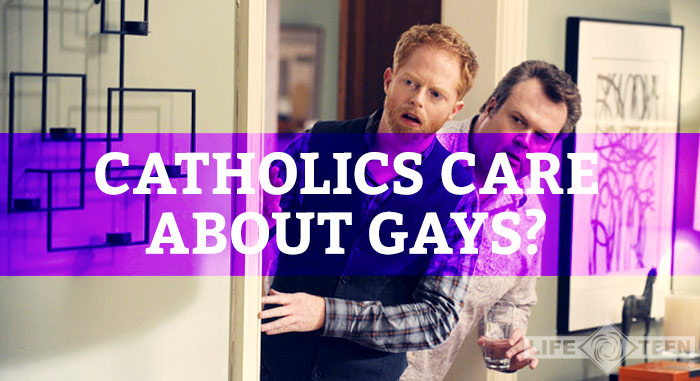
-“The School of Athens”, Raphael, 1509–1511, Fresco, 500 cm × 770 cm (200 in × 300 in), Apostolic Palace, Vatican City, please click on the image for greater detail
-Jacob Kohlhaas
This article also appears in the July 2018 issue of U.S. Catholic (Vol. 83, No. 7, page 49).
“Broadly understood, natural law refers to a range of moral theories that rely on rational discernment of the natural order as a means of telling good from evil. Within Catholic moral teaching, natural law arguments are commonly invoked to denounce “unnatural” and therefore immoral acts: contraception, same-sex sexual relations, euthanasia, genetic experimentation not in keeping with the God-given dignity of human beings, and many assisted reproductive technologies, for example. But where does natural law reasoning come from and just how does it connect nature to morality?
Despite its robust history within Christianity, natural law morality was initially developed by the Greek Stoic philosophers. Their commitment to living reasonably within nature’s designs produced a universally accessible moral theory based upon the ordinary human powers of observation and rational reflection. Christians appropriated natural law reasoning through the premise that observations of creation ought to reveal aspects of God the Creator’s will. In other words, what is natural is what God intends.
Yet some Christian beliefs challenged this union, particularly the Christian teachings that humans are limited and prone to sin. As such our understanding is always partial and likely to be distorted. While human finitude is natural, Christianity claims that sin is “unnatural” in the sense that it is a distortion of our nature and therefore does not point back to the will of God the Creator. Therefore, to understand nature as it was intended to be, some interpretation is necessary.
Classically the Bible served in this interpretive role as a sort of handbook to understanding reality. However, modern biblical scholarship and modern science have seriously displaced the Bible’s credibility on the factual details of human and cosmic history, if read as history book, which it is not, primarily. While scripture still provides an essential reference point for discerning the will of God, its reliability as a resource for understanding the natural world has diminished while the moral questions we pose to natural law have become increasingly complex. This is the context for the present diversity of natural law theories both within Catholicism and beyond.
All forms of natural law basically agree that the question “What ought I do?” is best answered in reference to the question “What is natural?” But theories diverge in how they discern that second question. Catholic natural law thinkers today tend to fall into two broad camps with significant diversity in each.
The first approach draws more from authority and deductive reasoning and is characteristic of Vatican documents that tend to conserve traditional teachings through appeals to God’s will as rationally discerned.
The second approach leans on contemporary experience and inductive reasoning and has been utilized by a number of Catholic scholars in order to argue for revisions to official Catholic teaching in light of contemporary knowledge.
Numerous current debates within Catholic morality rest at least partially on these differences. While God’s will for us as persons remains the fundamental concern of Christian morality, thoughtful moral discernment within a complex world remains a challenging process.”
Love & truth,
Matthew



